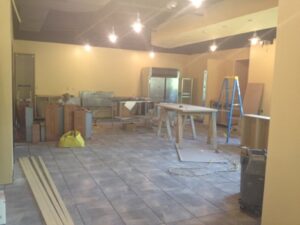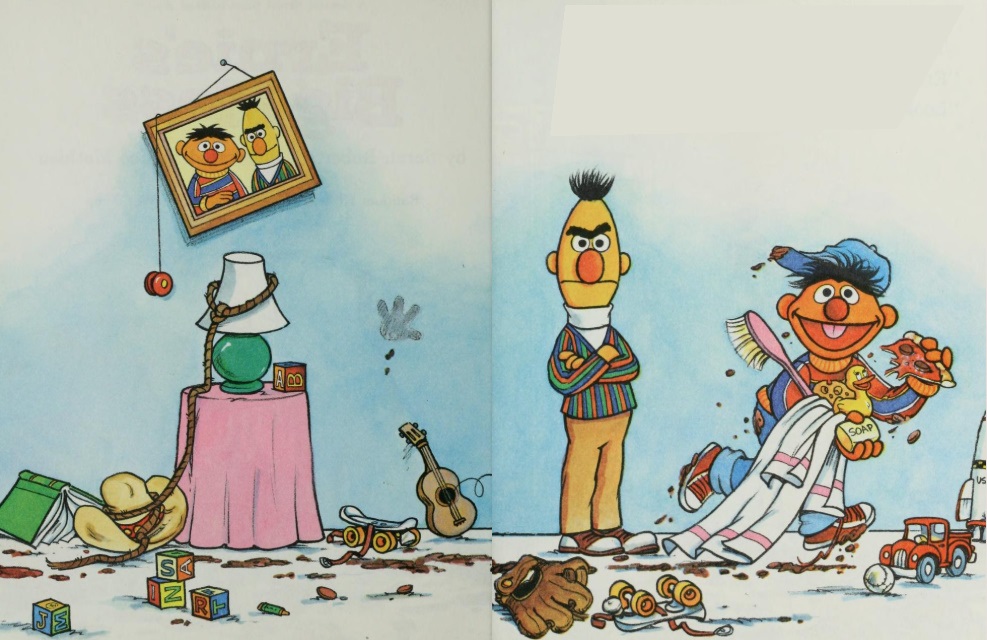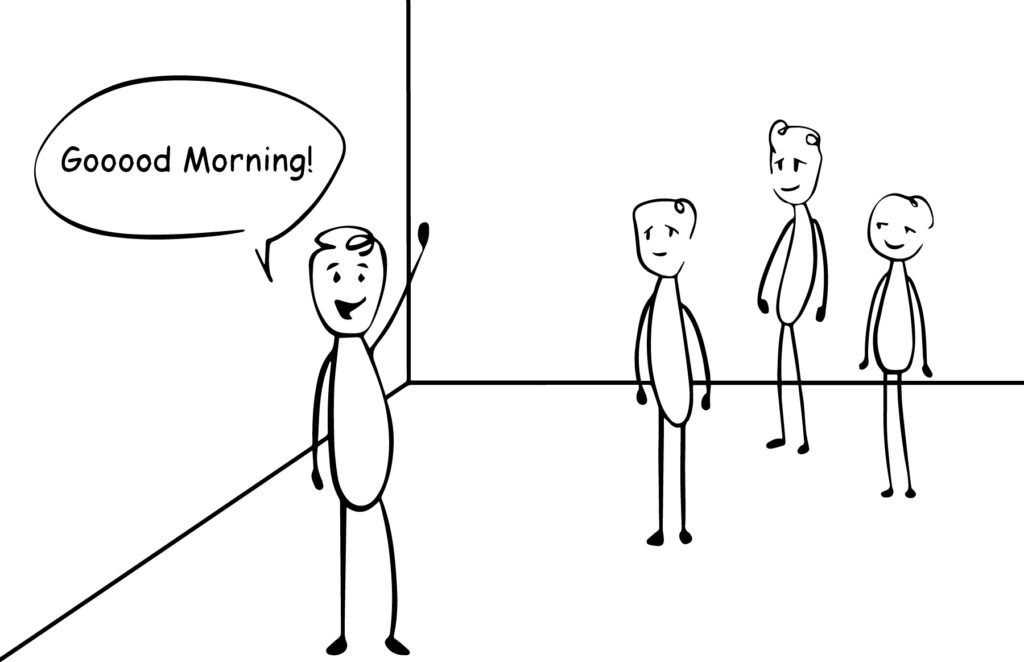What’s your relationship with messiness?
When I was a kid, this was defined by whether you were more of a Bert or more of an Ernie*. I definitely related to Ernie. I was more interested in playing than cleaning, and I didn’t see the point in everything having to be perfect. I’m still that way. If you’ve seen my desk, you know I’m one of those people that knows what’s in all of the piles. That said, I do also like a clean house and some sense of order in life. I can get overwhelmed and bothered by messes. Not just a messy kitchen, but also messy processes. A messy conversation. Messy relationships. In these things, I prefer to keep things clean and orderly.
The problem with this perspective though, is that not only is it not how life actually works, it’s not even the best way for life to work.
As a state, messiness is hard. As a stage, messiness is important.
I’ve been traveling down memory lane these last several weeks, looking back on the time leading up to the launch of Thought Design, and it’s been interesting to reflect on the process through the photos. This photo (below) was taken on May 8, 2013. One week before our first event.

It was a mess.
Stuff was still everywhere. We had plumbing issues. The website wasn’t close to ready. The cabinets weren’t assembled, and we couldn’t organize the truckloads of stuff I’d just hauled out of IKEA. It didn’t feel like it was ever going to come together. The messiness of it all started to feel like failure, like I was doing something wrong.
But then I remembered a powerful lesson I’d learned about the importance of creating a good mess. Years before, I was giving a talk with my friend Rob. We were speaking together for 45 minutes in front of thousands of people. It was planned for months, but Rob couldn’t get together to construct the outline with me until two days before we got on stage. He told me to collect as many ideas as I could and bring them to our meeting. It was crazy-making. I was all over the place. I showed up to our meeting hoping he had a plan.
Nope. No plan. All he had was a bunch of questions and disconnected thoughts. We started writing all of our random fragments of thought on pieces of paper. After a few hours of this, we had a six-foot table covered with pieces of paper. It was an absolute mess, literally and figuratively. I started to panic. Noticing my panic, he laughed.
“Denise. This is how we know we are almost there. It always feels the worst just before it comes together. If you don’t mine enough territory, you’ll never find the gold.”
Then he started to pick up the pieces of paper one by one. Some he ripped up. (More panic from me). Some he laid next to others. I started to see what he was doing. All of the pieces of our talk were there. The bits and pieces of ideas we had had were good, they were just incomplete. They needed one another. After hours of cultivating that giant mess of thoughts, it came together in less than five minutes.
That’s when I came to understand that messiness as a stage can’t be skipped.
The part of the process where you feel a little out of control, where you don’t have total certainty yet. I see this all the time in life and work. When solving problems, making decisions, tackling difficult subjects, creating and innovating. If we try to keep everything clean and neat the whole time, we miss out on getting all of the right ideas and connections out in plain sight. When things get messy and hard, it can feel like time to quit, when in fact it means you’re almost there.
When we opened our doors for that first big event on May 16, 2013, there was very little evidence of how chaotic that space was just days before. It had come together. We couldn’t have gotten there without creating that mess. It wasn’t a state, it was a stage.
It wasn’t our last messiness stage, either. Through the years, I’ve learned to feel when it’s time to create a bit of messiness. Believe me, I appreciate Bert, but my inner Ernie is, thankfully, alive and well.
What is your relationship with messiness?
Do you know how to sit with messiness or do you want to run from it?
What kind of mess might you need to create right now?
Just a little food for thought.
* If you didn’t catch this Sesame Street reference, Bert and Ernie are characters that were roommates. Bert was “clean” and Ernie was “messy”.




